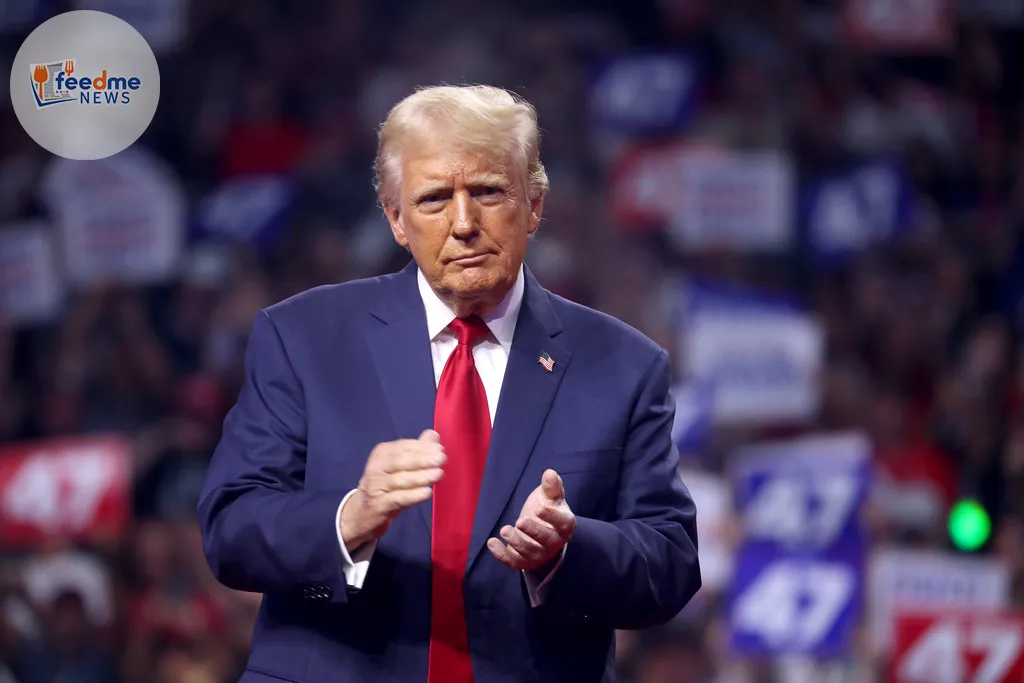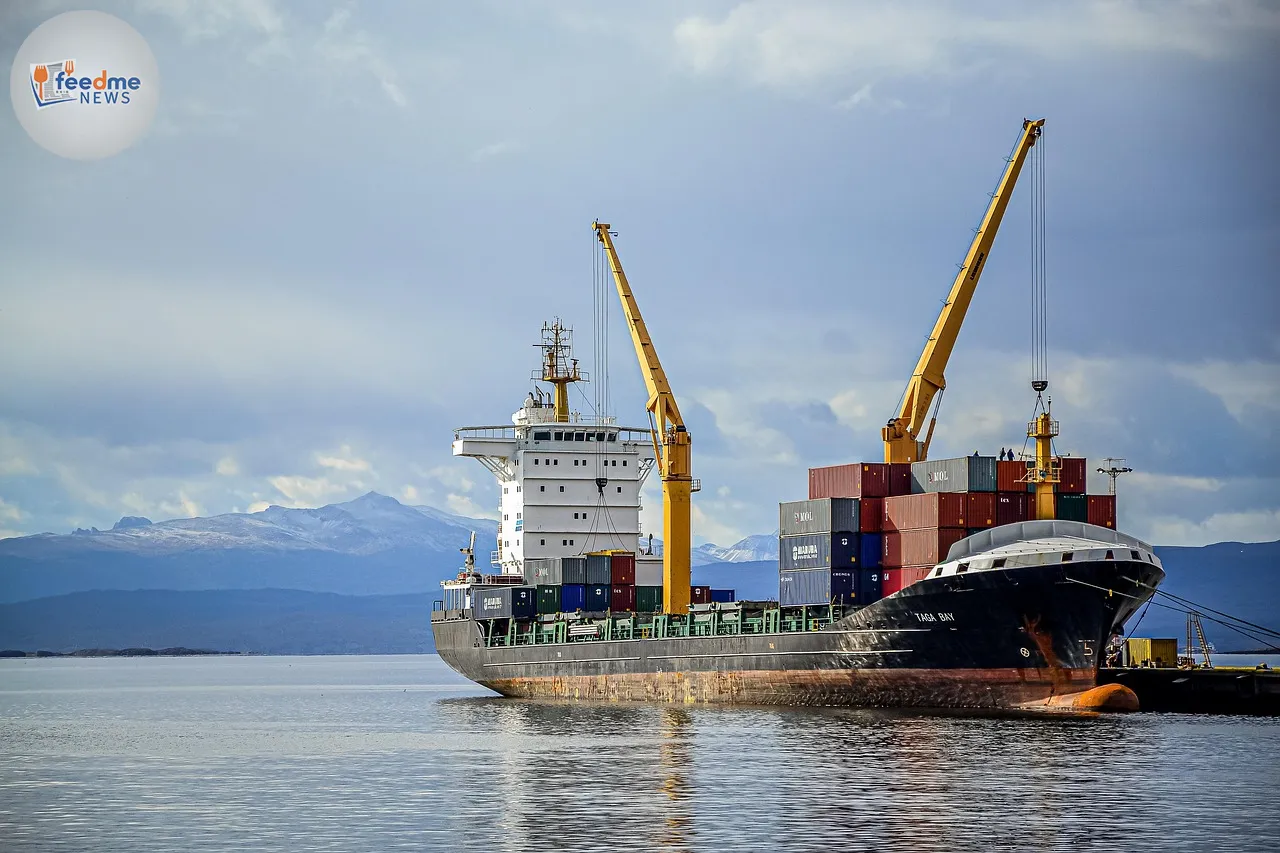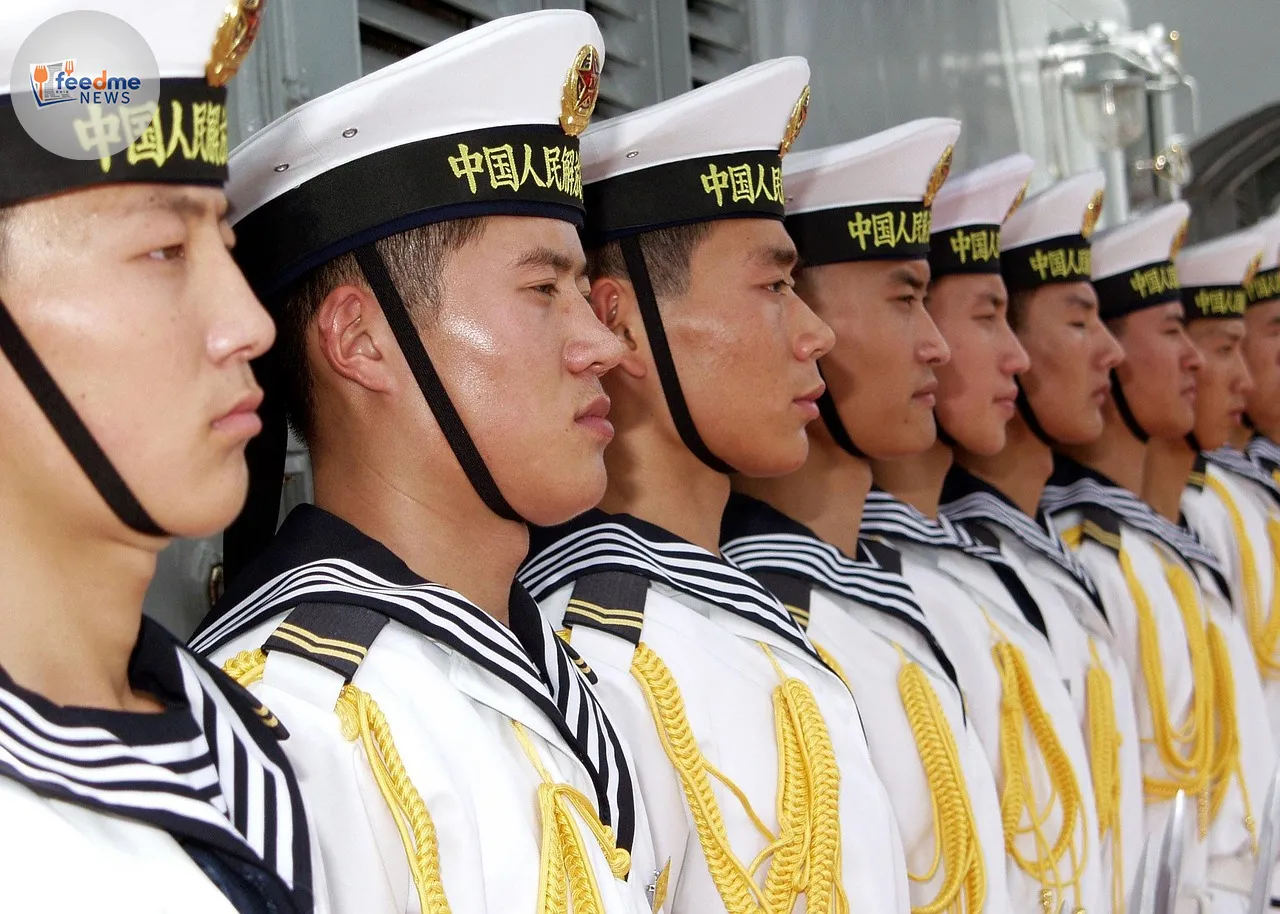In a bold move that has stirred international discourse, former US President Donald Trump openly criticised Ukrainian President Volodymyr Zelensky for his steadfast refusal to recognise Russian control over Crimea. This development comes as Ukraine continues to assert its claim over the Crimean Peninsula, a stance that has remained unchanged since Russia’s annexation in 2014. The confrontation between Trump and Zelensky highlights the ongoing geopolitical tensions in Eastern Europe and the wider implications for international relations.
A Clash of Perspectives
The remarks from Trump were made during a recent interview, where he suggested that Zelensky’s unwavering position on Crimea could be a hindrance to peace negotiations with Russia. Trump argued that accepting the current situation might pave the way for more fruitful discussions on other pressing issues. “Sometimes, you have to look at the bigger picture and make tough decisions,” Trump stated, suggesting that relinquishing claims to Crimea might be a strategic move for Ukraine.
However, Zelensky has consistently maintained that Ukraine will not concede its territorial rights. The Ukrainian leader has emphasised the importance of sovereignty and territorial integrity, principles that have garnered support from many Western nations. “Crimea is Ukraine,” Zelensky declared in a recent address, underscoring his commitment to reclaiming the region.

Historical Context and Current Stance
The Crimean Peninsula has been a point of contention since 2014 when Russia annexed the territory following a controversial referendum. The international community, including the United Nations, largely condemned the annexation, deeming it a violation of international law. Despite this, Russia has maintained its control over Crimea, integrating the region into its administrative framework.
Ukraine’s refusal to recognise this annexation is deeply rooted in historical and national identity. For many Ukrainians, Crimea is not just a piece of land but a symbol of national pride and sovereignty. This sentiment has been echoed by Zelensky, who has made it clear that Ukraine’s territorial claims are non-negotiable.
International Reactions
Trump’s comments have sparked a range of reactions from the global community. Some political analysts suggest that his remarks could undermine the support Ukraine has received from Western allies. “It’s crucial for Ukraine to maintain international backing, especially from powerful nations like the US,” noted Dr. Elena Kozlova, an expert on Eastern European politics. “Any suggestion of conceding Crimea could weaken their diplomatic position.”
On the other hand, some argue that Trump’s perspective reflects a pragmatic approach to resolving long-standing conflicts. “While controversial, his viewpoint might open new avenues for dialogue,” said Professor James Mitchell, a political strategist. “However, the risk of alienating Ukraine’s allies remains significant.”
The Broader Implications
The ongoing debate over Crimea is not just about territorial disputes but also reflects the broader geopolitical dynamics in the region. Russia’s actions in Crimea have been seen as part of a larger strategy to assert its influence in Eastern Europe, challenging the post-Cold War order. This has led to increased tensions between Russia and NATO, with military build-ups and diplomatic standoffs becoming more frequent.
For Ukraine, maintaining its claim over Crimea is part of a larger struggle for national sovereignty and independence. The conflict has had profound implications for the country’s economy, security, and international standing. As Zelensky continues to resist external pressures, Ukraine’s future remains closely tied to its stance on Crimea.
Looking Ahead
As the situation unfolds, the international community will watch closely to see how Ukraine navigates these complex challenges. The support from Western allies remains critical, but so does the need for strategic diplomacy. For now, Zelensky’s firm position on Crimea underscores a commitment to national integrity, even as external voices, like Trump’s, call for compromise.
The path forward for Ukraine and its allies involves balancing sovereignty with pragmatic diplomacy. As the geopolitical landscape evolves, the resolution of the Crimea issue will remain a pivotal aspect of Eastern European politics, with far-reaching consequences for international relations.





